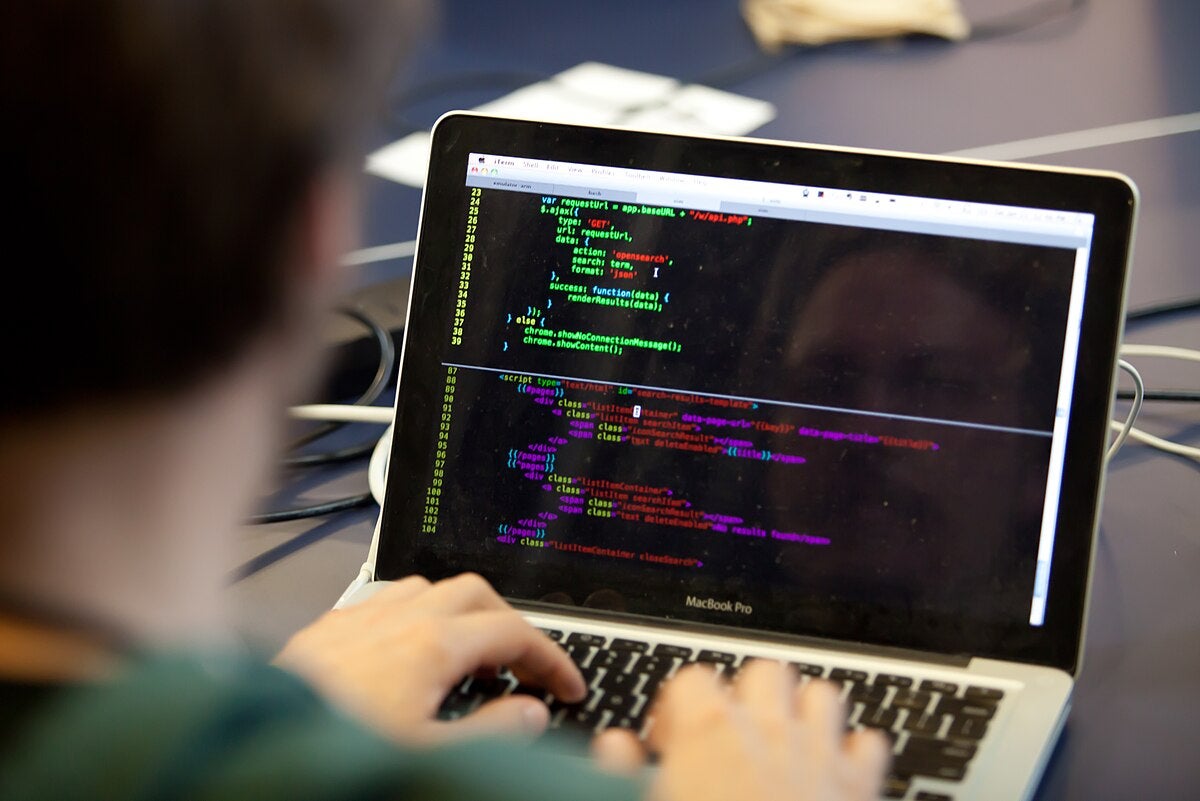The Digital Assault
In the 2023 cyberattacks, hackers used a combination of phishing tactics and unpatched system vulnerabilities, deploying ransomware that paralyzed casino operations. Investigators confirmed the attackers used custom command-and-control servers to encrypt critical data. They then demanded ransom payments in cryptocurrency.
Caesars Entertainment reportedly paid $15 million to restore systems, but MGM Resorts International was forced into a 10-day shutdown. The disruption affected everything from room keys to gaming floors, costing the conglomerate $100 million. Technical analysis shared on X showed the sophisticated operation used a botnet of 127,000 compromised IoT devices to mask traffic.
Exposed Vulnerabilities
Cybersecurity analyst Tony Seruga revealed details showing the cyberattacks originated from main servers in Europe using modified encryption protocols, signaling how coordinated the attack was. The ripple effect of the breaches shook Nevada’s infrastructure, which had dealt with a separate ransomware incident weeks before. The attack forced statewide closures of the DMV and compromised government data.
Industry analysts highlight severe understaffing in cybersecurity roles, noting that it is not the first time it has happened. The incidents have intensified demands for systemic upgrades, with cautions that an industry reliant on tourism and tech cannot remain exposed to such threats.
Security Overhaul
The 2023 cyberattacks spurred casino operators into action, with most adopting AI-powered threat detection and anti-phishing protocols. Analysts warn the hospitality sector’s bank-like data troves remain prime targets.
While Nevada’s recovery and the teen’s arrest may discourage future attacks, experts stress that such vulnerabilities will persist without mandated breach disclosures and global collaboration. Cybersecurity advocates call for preemptive measures like bug bounties to address evolving threats.




































